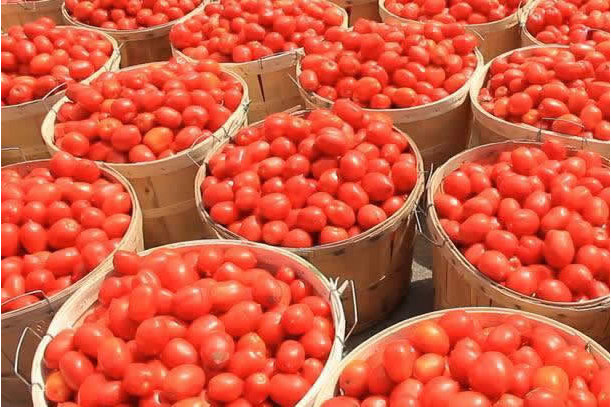Latest News
Nigeria’s inflation jumps to 16.47 pct as food index hits 12-year high

News Highlight
The latest data shows the headline inflation rate has risen by 545 bps since August 2019, while the food inflation rate has risen by 740 bps in the same period.
The latest monthly inflation report released today by the National Bureau of Statistics (NBS) shows Nigeria’s Consumer Price Index (CPI) rose to 16.47 per cent year-on-year in January, as sustained rise in food prices continued to pressure inflation higher.
This was the seventeenth consecutive monthly rise in the CPI, which measures inflation. The headline inflation rose last month by 72 basis points (bps) (or 0.72 percentage point), compared to 15.75 per cent reported in December 2020. It is also the highest inflation rate recorded since April 2017 when the CPI stood at 17.24 per cent.
On a month-on-month basis, the headline index rose by 1.49 per cent in January, or 0.12 percentage point lower than the rate recorded in the previous month (1.61 per cent). While the new inflation report shows there were increases in all major indices that yielded the latest data for the main inflation index; the primary driver for the inflation rate was food inflation.
Food inflation – which accounts for more than half the inflation basket – rose by 101 bps to 20.57 per cent last month compared to 19.56 per cent reported in December 2020, according to the statistics agency. The food sub-index in January was the highest in over 12 years and highest on NBS records going back to January 2009.
The statistics agency said the rise in the food inflation was caused by increases in prices of bread and cereals; potatoes, yam and other tubers; oils and fats; fish and meat; and vegetable and fruits. On a month-on-month basis, the food sub-index increased by 1.83 per cent in January, down by 22 bps when compared to 2.05 per cent recorded in the preceding month.
CardinalStone Partners, a Lagos-based investment advisory firm, said, "Notably, food inflation surged 20.57% YoY (highest reading in over 12 years), even though the re-opening of land borders in December may have contributed to the month-on-month reading moderation."
Based on state profiles, food inflation was highest in Kogi (26.64 per cent), Oyo (23.69 per cent) and Rivers (23.49 per cent), while Ondo (17.20 per cent), Abuja (16.73 per cent) and Bauchi (16.37 per cent) recorded the slowest rise.
Core inflation, which excludes the prices of volatile agricultural produce, stood at 11.85 per cent in January, up by 0.48 percentage point when compared to the preceding month. The NBS said the highest increases were recorded in prices of passenger transport by air, pharmaceutical products, hospital and medical services, paramedical services, and maintenance and repair of personal transport equipment.
Price increases were also recorded in vehicle spare parts, passenger transport by road, and miscellaneous services relating to the dwelling.
The report also shows urban inflation increased by 70 bps to 17.03 per cent last month compared to 16.33 per cent recorded in the previous month, while rural inflation increased by 72 bps to 15.92 per cent in January from 15.20 per cent in December. The latest data shows the headline inflation rate has risen by 545 bps since August 2019, while the food inflation rate has risen by 740 bps in the same period.
Related News
Latest Blogs
- How Tinubu is ensuring equitable access to public services
- Nigeria’s economic reform faces new threats
- What Ould Tah’s tenure at BADEA reveals about his AfDB candidacy
- Implementation strategy crucial for the success of 12-4 education policy
- A senator’s suspension threatens the right of representation
Most Popular News
- Artificial intelligence can help to reduce youth unemployment in Africa – ...
- Nigeria records $6.83 billion balance of payments surplus in 2024
- Tariffs stir inflation fears in US but offer targeted industry gains ...
- CBN net reserve hits $23.1 billion, the highest in three years
- Tinubu appoints new Board Chair, Group CEO for NNPC Limited
- Soaring civil unrest worries companies and insurers, says Allianz









